An AI-driven robot chemist, developed by Chinese scientists, has automatically synthesized and intelligently optimized catalysts for the oxygen evolution reaction from Martian meteorites, offering a highly efficient and energy-conserving solution for the production of oxygen on Mars.
Using a machine-learning model, the AI chemist automatically and swiftly identifies the optimal catalyst formula from more than three million possible compositions.
The discovery demonstrates the feasibility of the AI chemist in the automated synthesis of chemicals and materials for Mars exploration, according to a study published in the journal Nature Synthesis on Monday.
Living on Mars requires the ability to synthesize chemicals that are essential for survival, such as oxygen, from local Martian resources. However, this is a challenging task.
Recent evidence of water activity on Mars has raised the prospect of large-scale oxygen production through solar power-driven electrochemical water oxidation processes using an oxygen evolution reaction catalyst. Considering the high cost of transporting catalysts from the Earth, extraterrestrial catalysts developed from local materials on Mars become a key technical issue.

A screenshot of the study published in the journal Nature Synthesis on November 13, 2023. (CGTN)
Researchers from the University of Science and Technology of China (USTC), in collaboration with their counterparts from Chinese research institutes, including the Deep Space Exploration Laboratory, analyzed and extracted components from Martian meteorites with a robot AI chemist and synthesized a new catalyst in just six weeks.
Given five different local Martian ores as feedstocks, there are over 3.76 million possible formulas, which would cost 2,000 years of human labor to finish such a screening for the optimal formula.
The study has successfully verified that AI can automatically develop new materials, which is expected to help oxygen production, base construction and food production on extraterrestrial planets, and synthesize more chemicals from Martian resources to facilitate deep space exploration by humans, according to Luo Yi, director at Hefei National Research Center for Physical Sciences at the Microscale, USTC.
Jiang Jun, a professor at USTC, said that the AI chemist built a predictive model by learning over 50,000 related chemistry papers, and delivered a promising catalyst formula coupled with the most suitable synthetic condition within six weeks.
A stress test at minus 37 degrees Celsius, which mimics the temperature condition on Mars, showed that the catalyst can steadily produce oxygen without apparent deterioration, suggesting that it can work in the harsh conditions on Mars, according to the study.










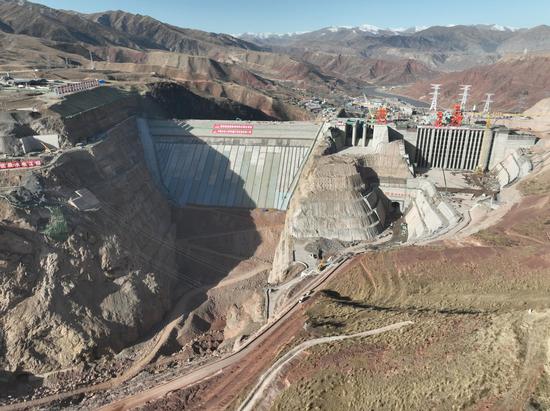

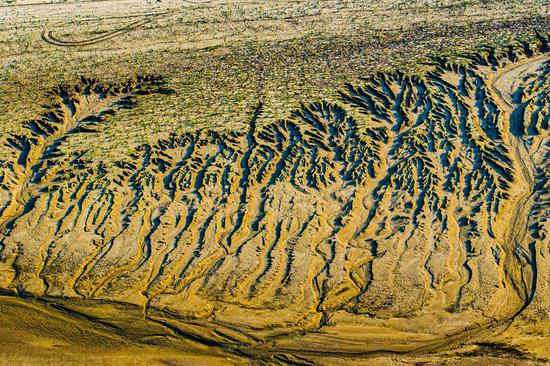

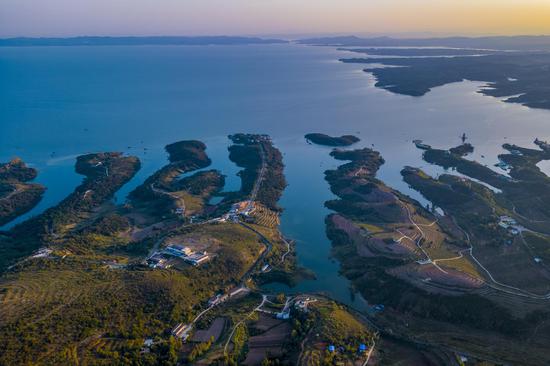




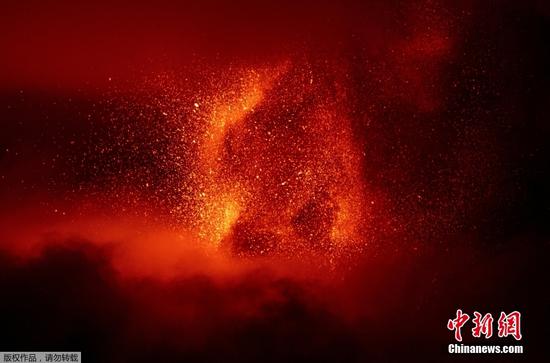






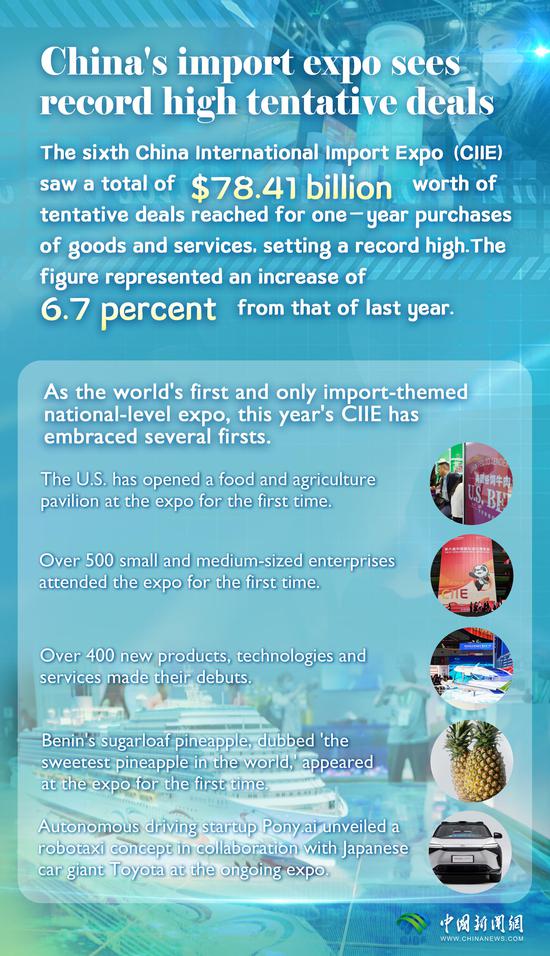

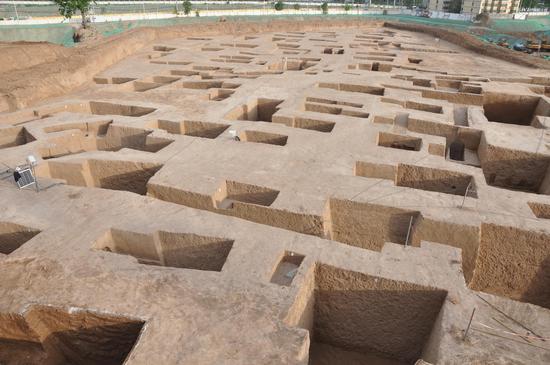
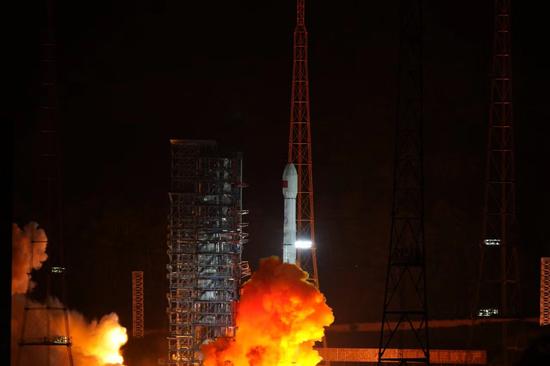






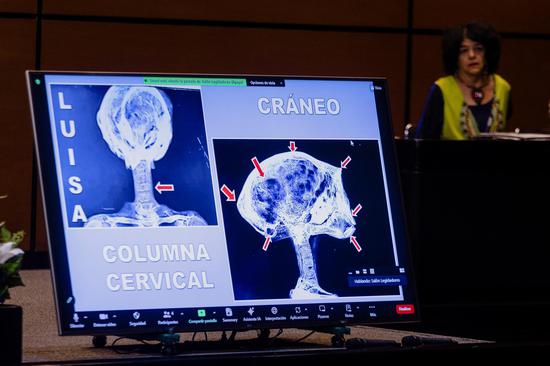





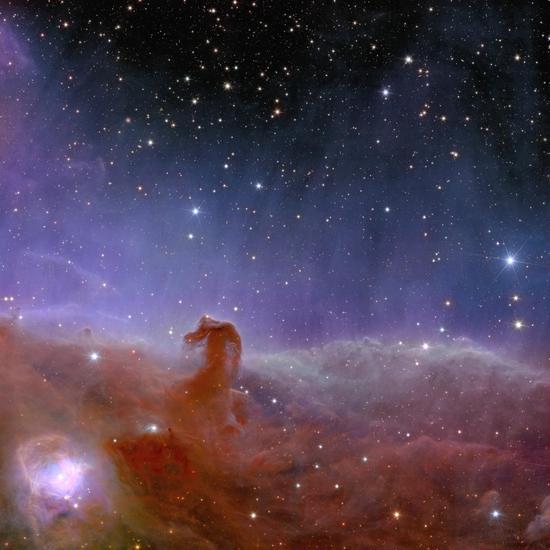

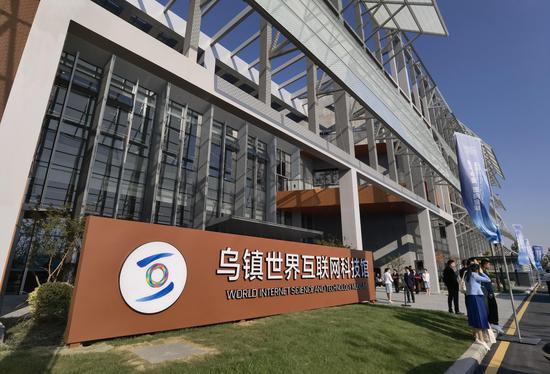





 京公网安备 11010202009201号
京公网安备 11010202009201号